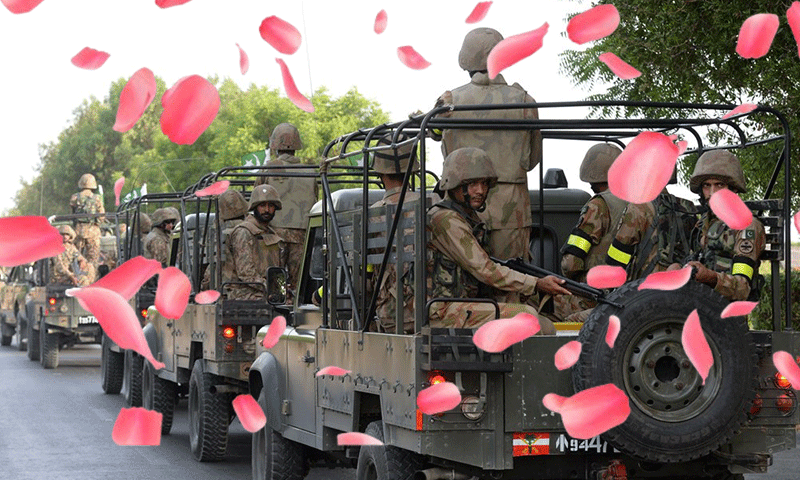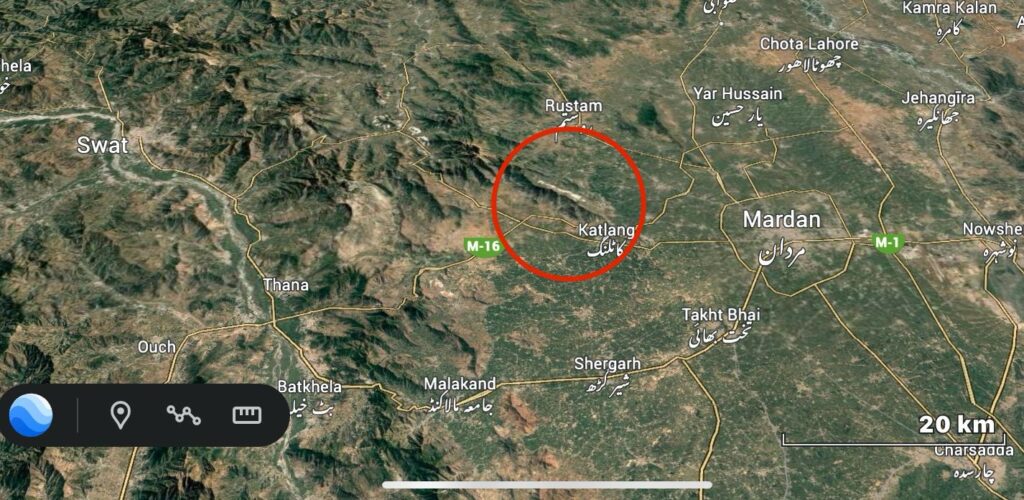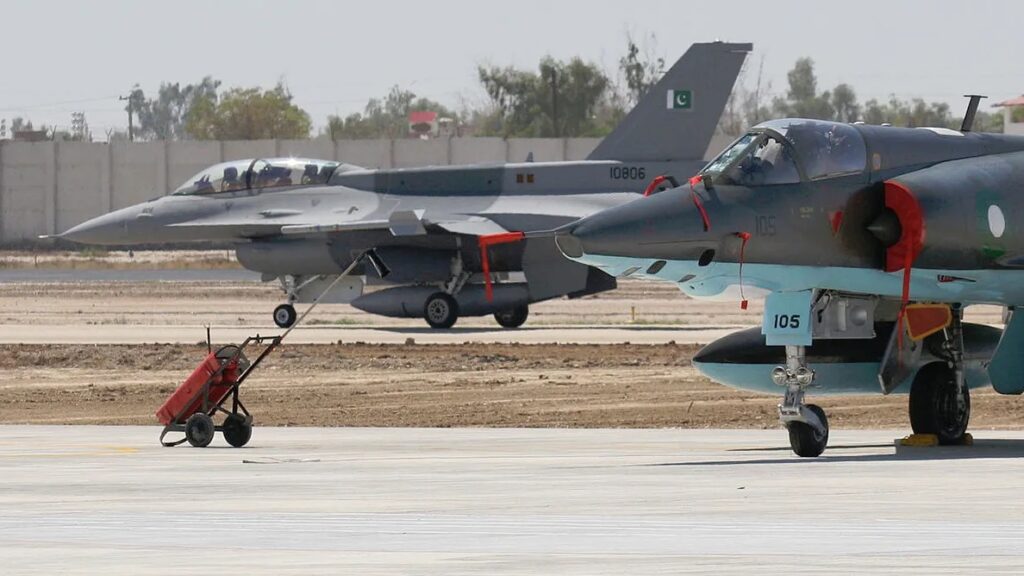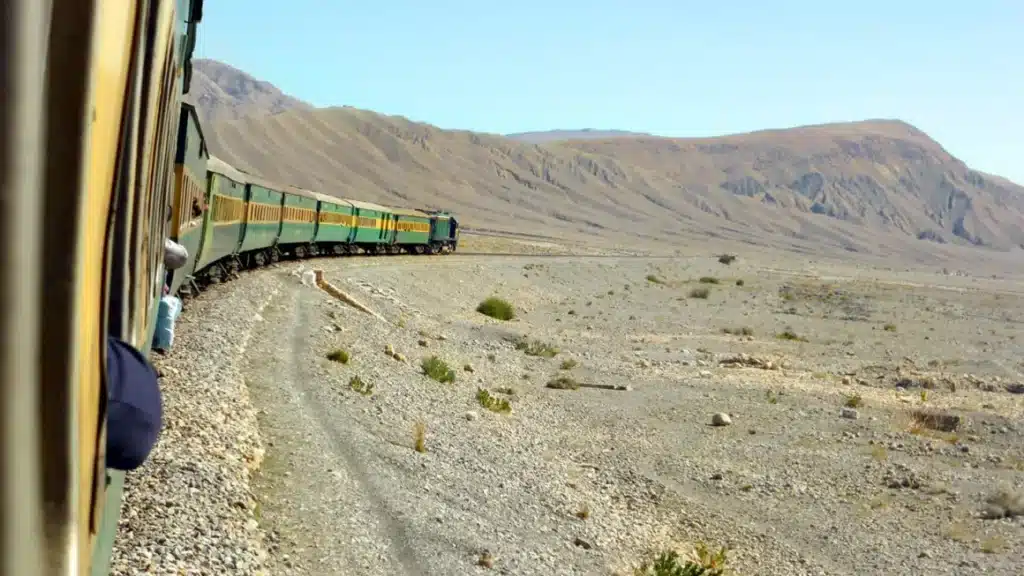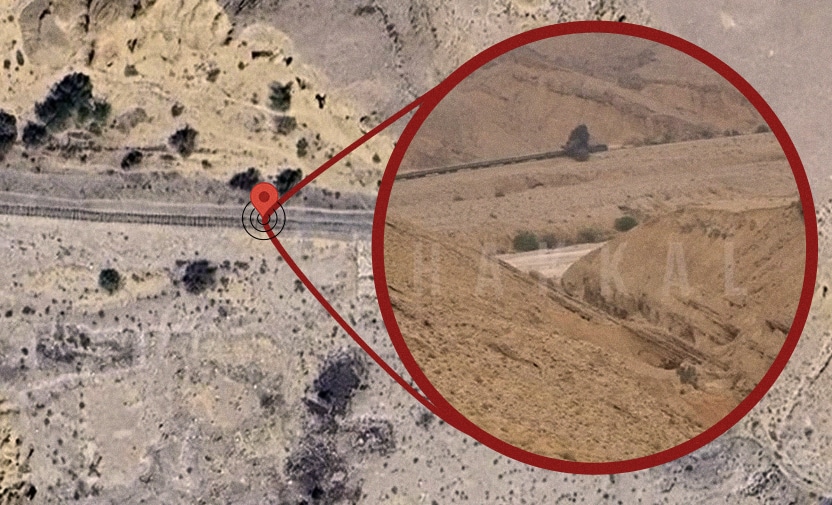QUETTA: Indian-backed internationally designated terrorist groups such as the Baloch Liberation Army (BLA) and the Baloch Yakjehti Committee (BYC) exploit educated youth in Balochistan into their networks with deceptive promises of jobs, financial aid, education, and protection.
The Counter-Terrorism Department’s (CTD) recent operations, along with seized communications and arrests, have revealed these tactics.
According to security officials, these groups recruit educated yet financially vulnerable youth through social media outreach, personal contacts, and propaganda campaigns. Statements and confessions from arrested leaders have further confirmed these recruitment methods.
Investigations and testimonies from detainees show that the groups first incite anti-government sentiments among young people. They then offer employment, domestic or foreign scholarships, monthly stipends, and protection for their families in exchange for joining.
Once the youths agree, the groups transport them to remote mountains or secret hideouts. In many cases, they are used in armed missions or assigned as weapon carriers. Some are even declared “missing” through fake pictures to deceive their families.
Recruitment tactics used for youth in Balochistan
On November 9, 2024, Punjab University student Talat Aziz publicly confessed in a press conference that he had fallen under the influence of a banned organization. He admitted that the group manipulated educated youth in the mountains and turned them against their own people. “I am an educated young man, but because of them, I ruined my future,” Talat said.
Similarly, on May 23, 2023, Gulzar Imam Shambay, the former chief of the Baloch Nationalist Army (BNA), issued a confessional statement, declaring that dialogue—not armed struggle—is the only solution to the province’s issues. He renounced militancy and sought forgiveness, acknowledging that violence had led the movement astray. His statement indicated that even senior militant leaders were rethinking their strategies.
Security sources also disclosed that these groups paid students from schools, colleges, and universities up to Rs. 50,000 for recruitment. In some cases, they even used underage boys for transporting weapons.
Social activists and peace researchers argue that security operations alone cannot resolve the problem. They stress the need for immediate employment programs for low-income families, psychological and awareness support in educational institutions, online monitoring of recruitment propaganda, and public awareness campaigns. They also call for transparent investigations and fair trials of arrested individuals to ensure a sense of justice and deterrence.
Experts believe CTD operations and the confessions of former leaders can temporarily slow down recruitment efforts. However, if economic and social gaps remain unaddressed, these groups are likely to resurface with new tactics to target vulnerable youth.
Cases like those of Talat Aziz and Gulzar Imam Shambay show that some young people are choosing to return to peaceful life. But experts warn that this trend will only sustain if the government introduces systemic reforms and meaningful alternatives.
The confiscated messages, arrests, and public confessions paint a clear picture: banned outfits exploit the weaknesses of young people, using deception, greed, and coercion to serve their violent agendas. Only a joint effort by the government, educational institutions, community leaders, and civil society can break this chain. Without awareness, opportunity, and transparent justice, the dream of protecting Balochistan’s youth will remain incomplete.
Meanwhile, the people of Khyber Pakhtunkhwa and Balochistan have lauded the Pakistan Army for its decisive role in restoring peace and ensuring national stability.
Citizens from various districts expressed deep appreciation for the armed forces’ efforts in defending the country and promoting development and prosperity.

